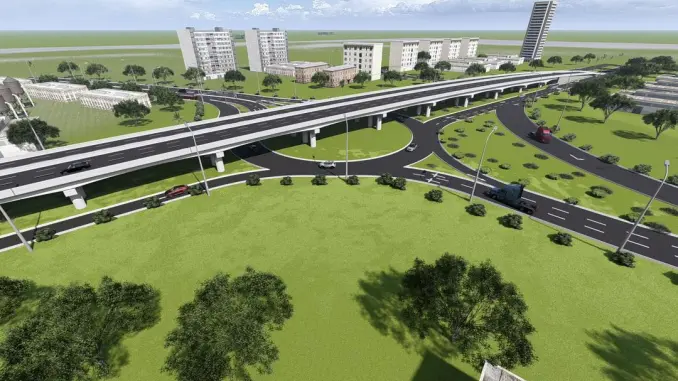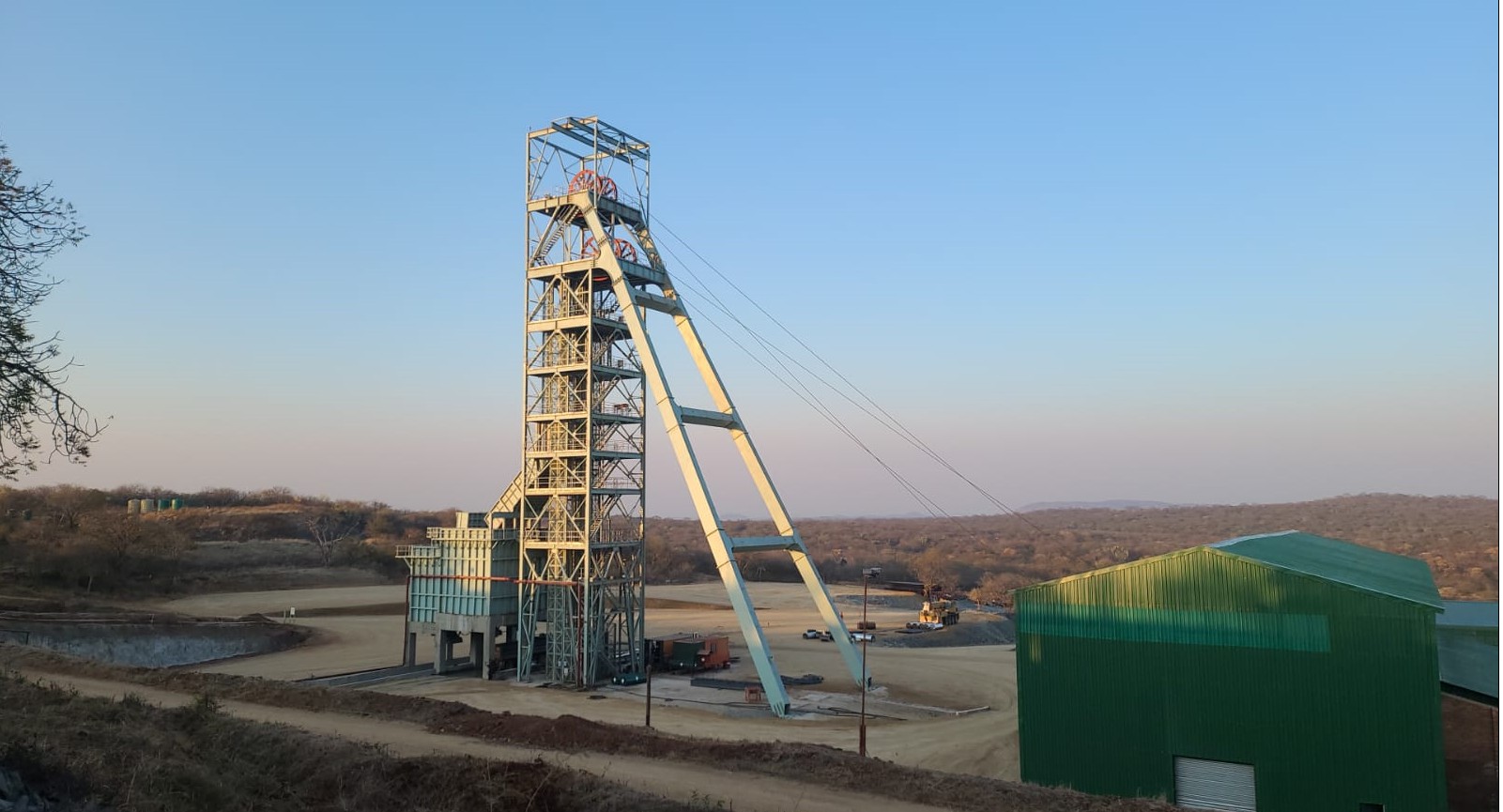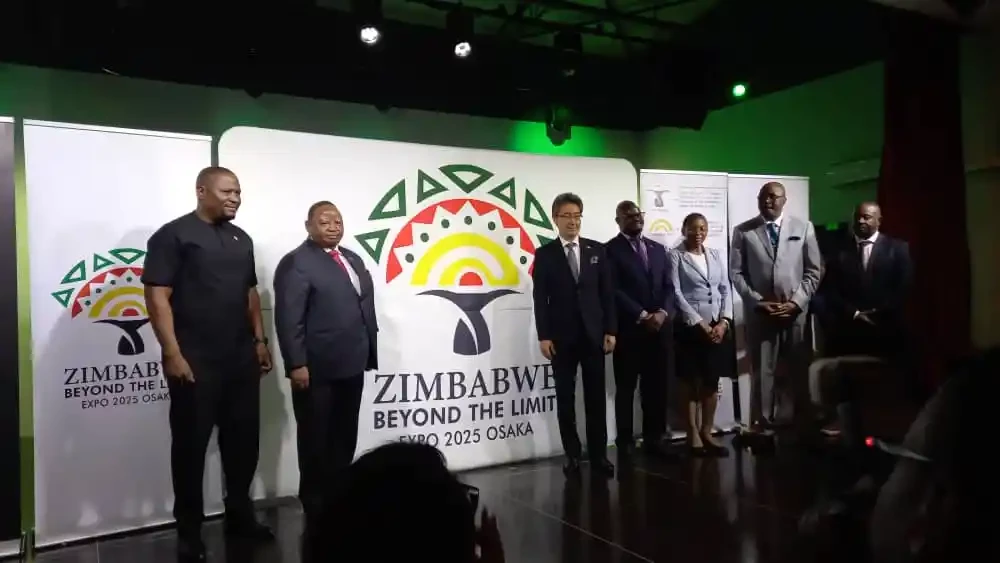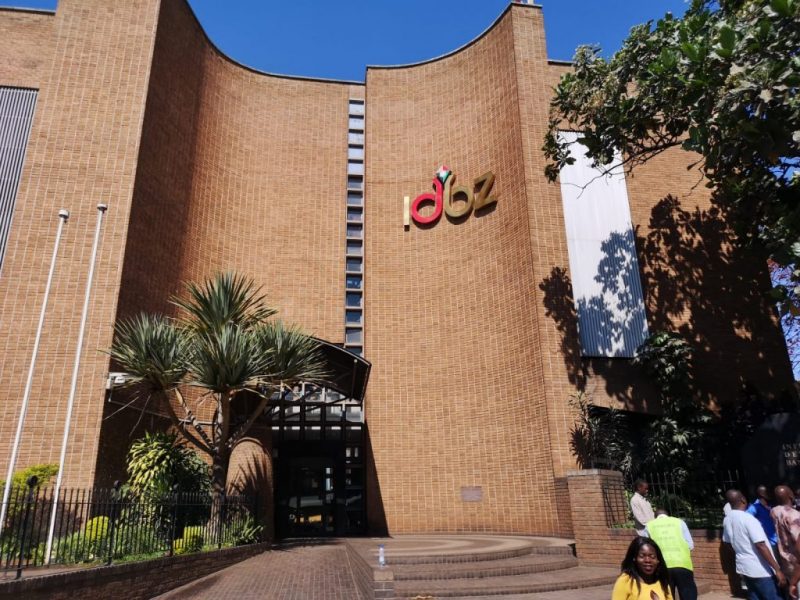Economic blueprint stabilises economy
THE economy is stabilising as evidenced by the availability of power, fuel and basic commodities on the market – a development that has been attributed to the successful short-term economic blueprint, Transitional Stabilisation Programme (TSP) announced in 2018 which is coming to end.
Motorists are no longer queuing for fuel nor are people queuing for mealie-meal which are some of the positives from TSP. At the same time and for the first time in two decades, the country has US$1billion in foreign currency reserves which is one of the positives to come out of the blueprint.
Last month President Mnangagwa launched a new economic blueprint, National Development Strategy (NDS) 1, which is replacing the TSP.
NDS1 will run from 2021 to 2025 and will be anchored on devolution and decentralisation as well as prudent use of public resources.
In addition, it will focus on mainstreaming gender, youth, women and also enhancing the prevailing economic stability.
Addressing members of the media fraternity and public relations officers from Government departments attending the media training workshop on the TSP programme successes and NDS 1 reporting in Gweru yesterday, Information, Publicity and Broadcasting Services Minister Monica Mutsvangwa said NDS1 is the second step of the Second Republic’s drive to attain an upper middle-income economy by 2030.
Minister Mutsvangwa said while prophets of doom and the country’s detractors were predicting an economic meltdown of great proportions, the TSP which invested in the development of enabling infrastructural sectors such as roads, energy and ICT buttressed by a raft of measures including deliberately working on budget rationalisation, introduction of the Forex Auction System and an assortment of financial sector reforms resulted in the stabilisation of the economy.
She said runaway inflation was brought to a halt with prices stabilising bringing the much-needed macroeconomic stability.
“There are no more fuel queues to talk of, there are no more mealie-meal queues. Electricity is always available and for the first time in two decades, we have over US$1billion in foreign currency reserves. These are some of the profound changes brought about by the Second Republic,” said Minister Mutsvangwa.
She said riding on the success of the TSP are two five-year development programmes, NDS 1 running from 2021 to 2025 and NDS 2 which will run from 2026 to 2030. Minister Mutsvangwa said the pace of development in any nation is correlated to the degree of peace and stability prevailing in that country.
“It is for this reason that the Office of Vice-President KDC (Kembo) Mohadi, which spearheads Peace and Reconciliation efforts in the country saw it fit to partner with the United Nations Development Programme, whose main mission is to assist Zimbabwe attain its development goals in line with United Nations Sustainable Development Goals.
“The workshop will thus address peace topics highlighting the kind of environment that we should foster to spur national development. I want to profoundly thank the Office of the Vice-President for initiating the workshop and providing this vital peace and development component in its programme. I also want to thank the UNDP for providing the resources that made this possible,” she said.
Given that NDS 1 and 2 ride on the foundation laid by the TSP, Minister Mutsvangwa said it is imperative that media houses are clear on what the programme achieved and its linkages with the two development strategies.
“In his address on the occasion of the launch of the NDS1 document in Harare in November 2020, H.E. President Dr ED Mnangagwa highlighted that, “The TSP has undoubtedly delivered notable and critical successes and set a firm foundation upon which we can build and achieve our objectives as laid out in this NDS1”.
Despite the TSP delivering on most of its set objectives, there is a glaring dis-juncture between those achievements and what the media is delivering to the nation. Consequently, we now have a National Development Strategy while the nation is not fully informed on the fundamentals that were realised by the foundational programme,” she said.
Minister Mutsvangwa said for the nation to meaningfully realise its developmental aspirations as enunciated in the NDS 1, every Zimbabwean, friendly countries as well as investors from within and abroad need to understand the course set out in the NDS1.
“People need information to understand what NDS 1 is all about so they can participate enthusiastically. The mantra chosen by the Second Republic, ‘Zimbabwe is open for business,’ needs to be made a reality by sharing information that advances the national agenda.
Zimbabwe cannot be seen as open for business if there is discord in the messages coming out of Government and our media houses as we will be sending wrong, mixed and confusing signals,” she said.
Minister Mutsvangwa said the Government is obliged to work with the media to ensure that the nation moves in unison so that at the end of the day everyone plays their role in ensuring that national goals are realised.
Government, she said, is the main source of the information of where the nation is going while the media inform and galvanise the nation to that end.
“This calls for close collaboration between Government and the media as well as unity of purpose in the media industry in pursuit of the national interest.
It is my wish that sooner rather than later, there shall come a day when there is no reference to public or private press, but there is a Zimbabwean press which tows the national flag in pursuit of our common goals. Zimbabwe’s ability to create wealth for its people hinges on how much all of us can contribute to the improvement of our national competitiveness in an anarchic world characterised by a vicious competition between states,” she said.
Minister Mutsvangwa said Zimbabwe is on the rebound adding that the media are the facilitators and messengers towards that goal.
“This training workshop gives scope for reorientation, recalibration and refocusing of our lenses as we zero in on propagating the real Zimbabwean story locally and internationally,” she said.-chronicle.co.zw










